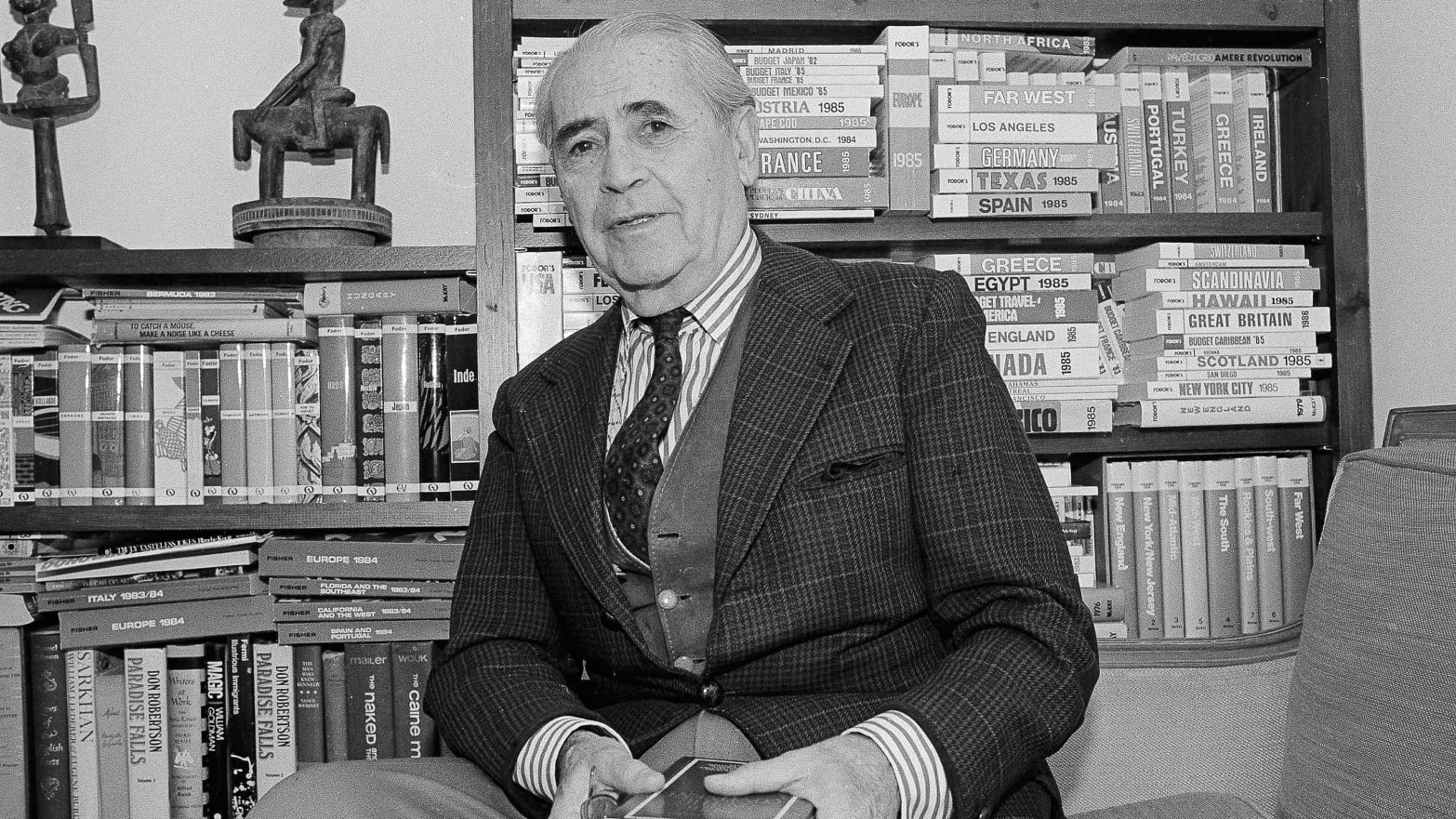
From CBC News: “We may soon learn more about what happened when dozens of crew members from the movie “Titanic” were fed soup laced with a hallucinogenic drug while filming in Nova Scotia. A new report from the province’s privacy commissioner told Halifax Regional Police to disclose more details about the August 1996 incident, which sent around 80 “Titanic” crew members to hospital in Dartmouth, N.S., including director James Cameron. Initially fearing food poisoning, all had in fact unknowingly eaten lobster chowder spiked with the drug phencyclidine, which is also known as PCP and angel dust. Speaking about the infamous incident, crew members have described a long and strange night of chaos and confusion that even involved a hospital conga line.”
Eugene Fodor’s famous travel guide was written in part by CIA spies

From Why Is This Interesting: “Much is written in the press about the link between the Central Intelligence Agency and Hollywood, but what’s less well-known is the U.S. government’s influence on the travel industry. Eugene Fodor, publisher of one of the most successful guide book series of all time, was an officer for the Office of Strategic Services (predecessor to the CIA) during WWII. He specialized in psychological warfare, interrogated prisoners, and wrote propaganda leaflets that were airdropped into the Neapolitan territories. After the war he founded his eponymous company where he employed not only traditional stringers to write copy but also, at the behest of the CIA, spies—“travel writer” being a good cover for an agent sent into enemy territory.”
Note: This is a version of my personal newsletter, which I send out via Ghost, the open-source publishing platform. You can see other issues and sign up here.
Continue reading “The cast and crew of Titanic were drugged with PCP”




















